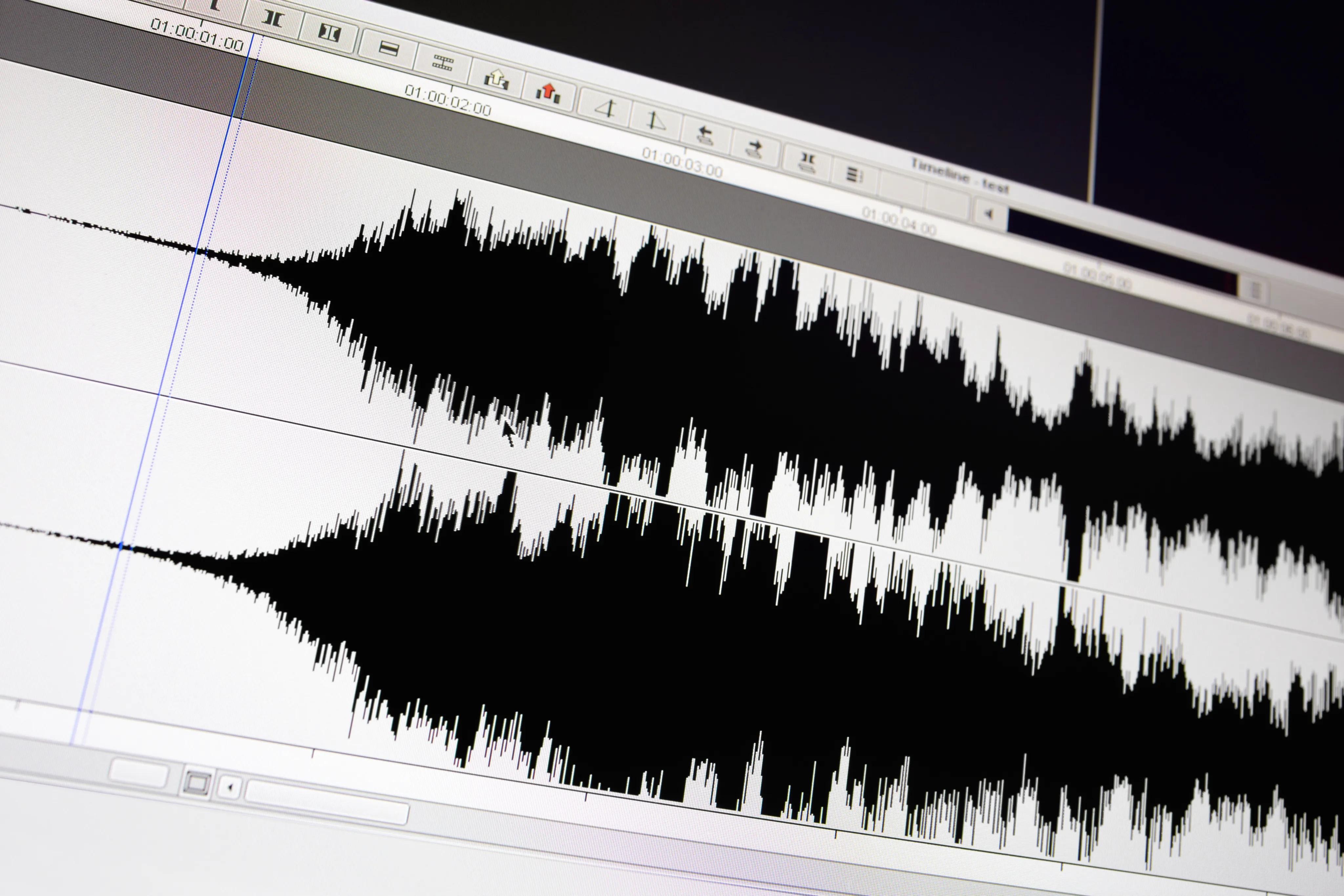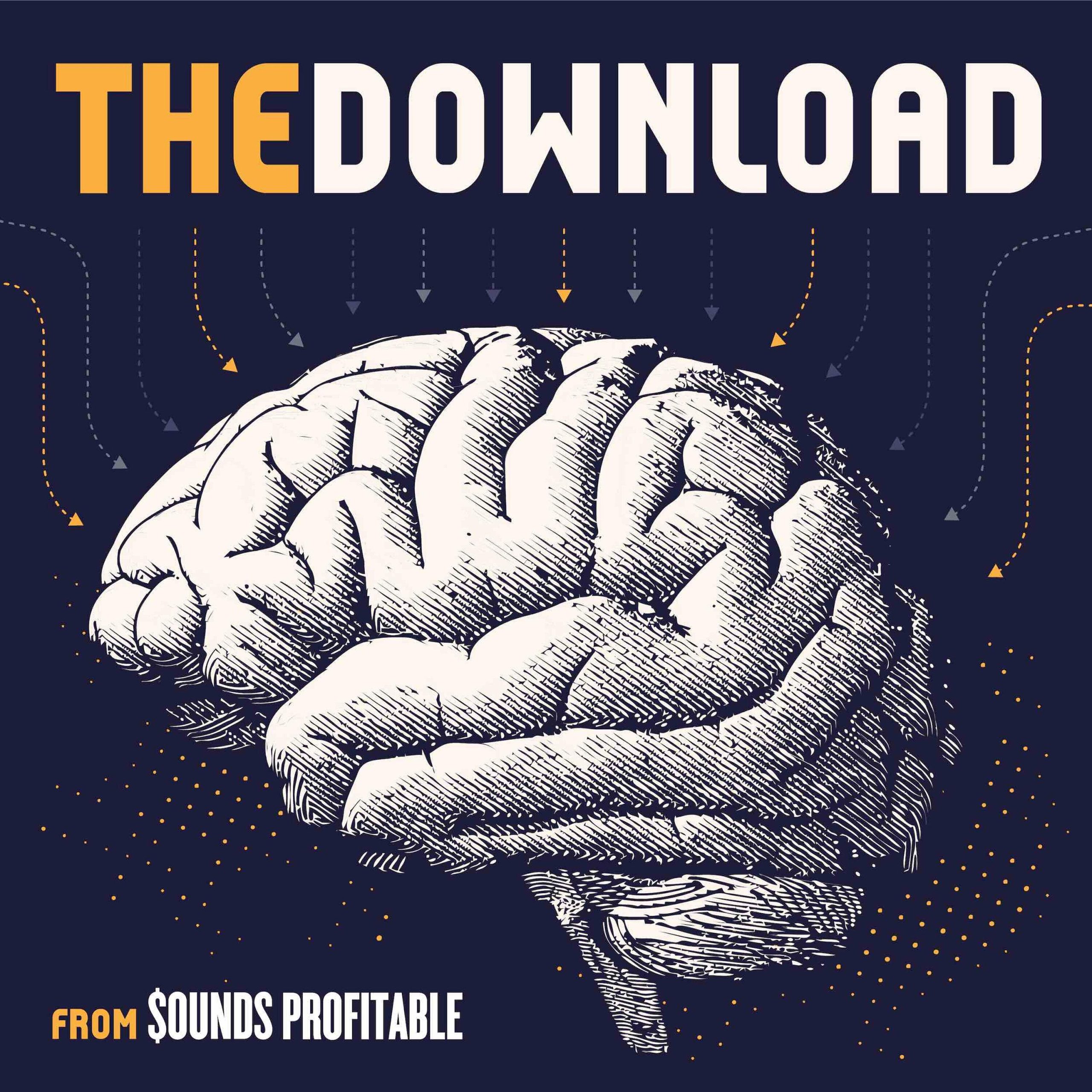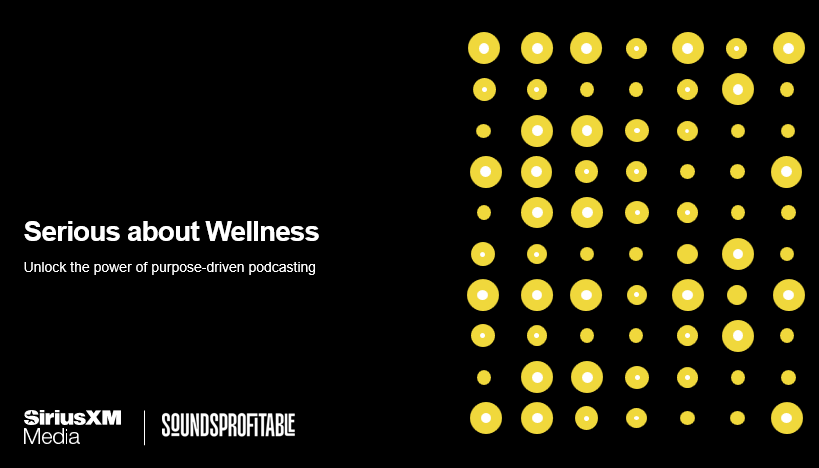This week: A birds-eye view of how podcasting is doing political ads this year, Spotify stock drops after announcing price increase, podcast companies discuss diversity at Advertising Week and the IAB Upfront, and a massive new Nielsen study shows podcast ads universally boost brand metrics.
How podcast networks are making their own rules for political advertising—and how they differ from one another.
Manuela: Midterm elections are approaching fast in the United States and that means political ads are on the rise. This Wednesday MarketingBrew’s Alyssa Meyers published an article giving an overview of how different publishers and networks are handling the sensitive issue.
“Political advertisers, including candidates and advocacy groups, have expressed interest in podcasts, according to several network execs, but not all networks want to play ball. And because the FCC doesn’t regulate political ads in podcasting, the rules are left entirely up to platforms and networks.”
iHeart, Wondery, and Vox declined to comment on Meyer’s story, but those that did gave a wide variety of responses and opinions. Cadence13 has always been open to political ads, for instance. That said, the decision on whether or not to run any particular cause or campaign is left to the individual hosts of Cadence13 original podcasts. Spotify has flipped the switch to allow political ads again, having banned them after accusations of spreading disinformation during the 2020 presidential election. Curiously, both Apple Podcasts and Google Podcasts do not directly mention political advertising in their ad policies.
Due to government regulations, NPR cannot run political ads on terrestrial radio. CEO Gina Garrubbo told MarketingBrew NPR chooses not to run political ads on other platforms. Meyers continues:
“Execs from other podcast networks told us they’re starting to see increasing interest from political candidates and issue-based organizations, and though they’re open to these opportunities, some don’t have formal policies in place yet.”
Shira Atkins, co-founder and CRO of Wonder Media Network, has taken the approach of allowing political ads but only as part of sponsored content or via baked-in host-read. She says the network has gotten pitches from PACs and candidates, but some have blanched at the idea of handing over creative control to a host instead of running an ad produced by the campaign.
“While political ad dollars aren’t flooding the podcast space the way they are CTV, as the industry continues to grow, its political ad policies will likely continue to evolve and solidify, even if they differ across networks.”
If there’s one clear consensus in the world of political advertising on podcasts, it’s that there currently is no consensus.
Spotify Shares Slip 10% After CEO Says Price Hikes Coming Next Year
Shreya: On Wednesday Denny Jacob, writing for The Wall Street Journal and reposted to MarketWatch, published coverage of the Spotify’s Tuesday earnings call. The results were a mixed bag for Spotify.
“For its third quarter, Spotify reported 456 million monthly active users, up 20% from a year earlier and above the company’s guidance. Paying subscribers, Spotify’s most lucrative type of customer, climbed 13% to 195 million, also exceeding the company’s expectations, thanks to promotions and household plans.”
That said, Spotify also posted a Q3 loss of 195 million dollars. Spotify Premium has cost $9.99 since the service launched in 2011, but CEO Daniel Ek says that’ll change some time next year. Spotify shares fell 10% after the announcement.
Podcast companies want to increase diverse content—but say they need better ad budgets to do so
Manuela: Time for another article from MarketingBrew’s Alyssa Meyers, this one published on Monday. In it, she covers conversations about the podcasting industry stemming from Advertising Week New York and the IAB Podcast Upfront last week.
“Part of the push for more diversity in podcasting is about getting creators from different backgrounds behind the mic in the first place. Conal Byrne, CEO of the iHeartMedia Digital Audio Group, said that podcasting, like other mediums, has a problem with representation, but that there are efforts underway to “course-correct.”
Meyers cites the Edison Research’s 2022 Infinite Dial to demonstrate that the average makeup of the regular US podcast listeners – 53% men and 59% white, has declined in recent years. She also notes the diverse makeup of podcast hosts is outpacing wider US population statistics, using statistics from The Creators, a study published by Edison Research and Sounds Profitable on June 28th.
Conversations about diversification also raise questions about brand safety.
“During Acast’s panel, global head of ad innovation Elli Dimitroulakos said that brand-safety tech can be imperfect as well, because it “has been built by people with preconceived notions or biases.”
Dimitrioulakos provides the example of a retailer avoiding any instance of the word ‘bomb’ in an attempt to distance themselves from any content to do with war, but in the process unrelated content like discussions of bomber jackets are caught in the crossfire.
“Or “if I say ‘a bomb lipstick,’ I’m not talking about a weapon,” added Brooke DeVard Ozaydinli, host of the Naked Beauty podcast.”
Tenderfoot TV co-founder and president Donald Albright says advertisers should be prepared to invest in the industry and support the diversity they want to see in the industry.
“Black content is what creates the culture, all culture, so invest in that,” he said. “Put the money in it, and also pay a premium on it. Don’t just pay the normal rate, pay extra, because you’re reaching a very targeted market that’s going to set the trends. That should be more valuable.”
New massive Nielsen study finds podcast ads universally boost brand metrics, long ads work.
Shreya: On Wednesday Gillian Follett, writing for AdAge, covered a new Nielsen study purported to be the ‘largest ever’ study of podcast ads.
“The study, titled “Podcast Ad Effectiveness: Best Practices for Key Industries,” consolidates the findings of 610 separate studies conducted by Nielsen to measure how ads inserted into podcast episodes affected several performance metrics, including brand familiarity, brand affinity and brand awareness. It also measured consumers’ intent to search for more information about the brand; purchase something from the brand; or recommend the brand to others.”
The individual studies cover a period of four years and involved over 147,000 respondents, leading to the claim this is the largest ever study of podcasting advertising effectiveness. This claim was made by study commissioner Magna, an investment and intelligence unit of IPG Mediabrands.
One notable bit of data is the finding that ads longer than 35 seconds drive better results than shorter creatives. Magna executive VP and managing director of audience intelligence and strategy Brian Hughes suggests this is due in part to the tendency for longer creatives to be tailor-made for podcasting. Shorter ads have a higher likelihood of being repurposed from another medium – such as radio – while longer ads likely have been built with podcasting in mind.
“Additionally, podcast ads largely had the same impact whether they were read by the podcast host or they came from the brand. In fact, custom ads—which typically involve the host sharing their personal experience with the brand, according to Hughes—were generally less effective than those that didn’t feature the podcast host. The report points out that “custom content may not be worth the price of creation given it lags in performance.””
It’s also worth noting with both the results we’ve covered and the rest in the article that Nielsen’s methodology actually suppresses positive results, in a way. Respondents aren’t actually listeners of the podcasts they’re being tested with. It then stands to reason that if a result comes back positive in this study, the results are likely even better with an individual podcast’s actual audience.
Quick Hits
Manuela: Finally, it’s time for our semi-regular roundup of articles we’ve named Quick Hits. These are articles that didn’t quite make the cut for today’s episode, but are still worth including in your weekend reading. This week:
Pocket Casts Mobile Apps Are Now Open Source by Yael Rubinstein for Pocket Casts. This one does what it says on the tin: podcast listening service Pocket Casts announces their decision to make both the iOS and Android versions of their mobile apps open source.
SoundExchange wins $9.7 million judgment from Slacker/LiveOne for unpaid music royalties by Kurt Hanson for RainNews. A brief rundown of the background behind the case and its outcome.


 "
"



